Most of us are spending more time indoors than ever before. With some time on my hand, I delved into the world for books a tried to get started on my reading list for the year. While these five books barely scratch the surface, they still are an escape from the world right now. If you’re looking for inspiration to start, my list of the best books has you covered.
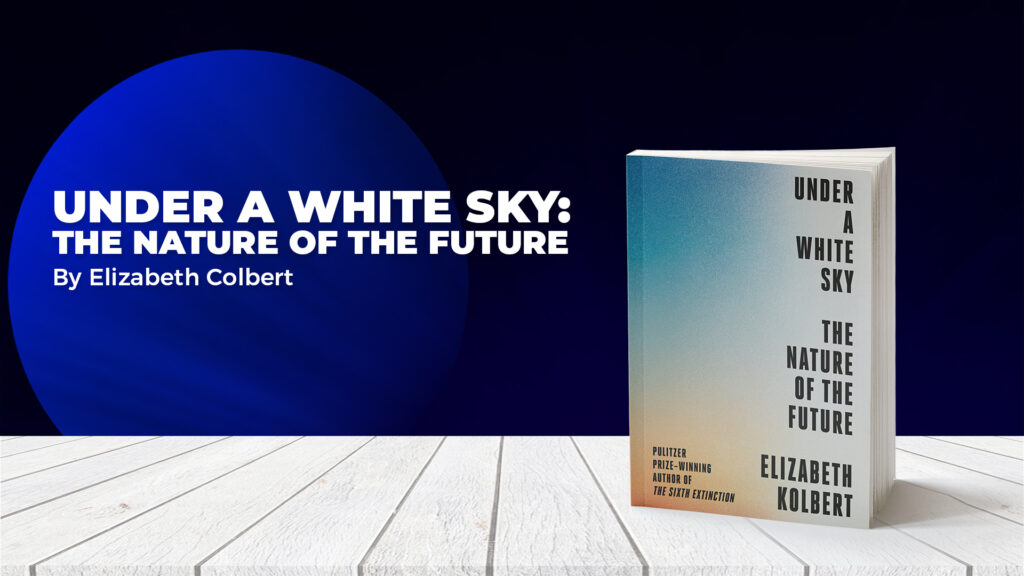
This book managed to hit all the right notes for me. This book is a futuristic look into “the climate crisis,” humans are now facing due to a planet that has been profoundly changed by our collective activities. To save ourselves and find the appropriate response, Elizabeth Colbert reflects on how the relationship between humans and nature is being reconstructed.
If you’re someone who loves a good dystopian read, focused on technology and the continuous effort to save the world, as we know it, this book is the right one for you!
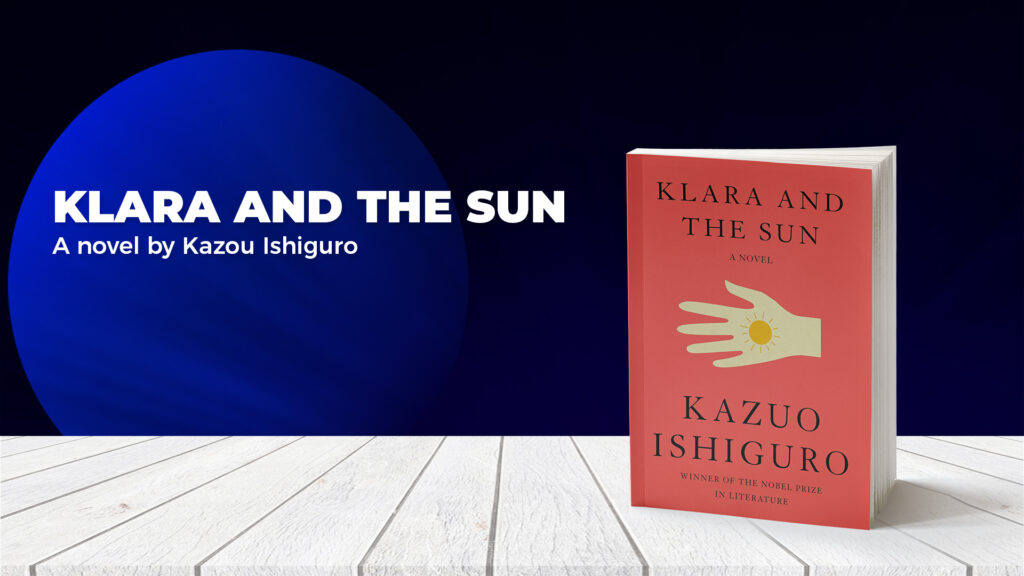
A novel about love, humanity and science? Klara and the Sun takes readers to vaguely futuristic, technologically advanced setting. The protagonist, Klara is an Artificial Friend (AF), a humanlike robot that is designed to be a companion. Through Klara, Ishiguro explores the current state of the planet and the consequences of the environmental destruction by shedding light on the robot’s relationship with the sun.
The rich inner reflections of the protagonists in the book offer big takeaways, and Klara’s quiet but astute observations of human nature land with profound gravity. If you’re looking to open your mind to another dimension of thought, Klara and the Sun is the perfect read!
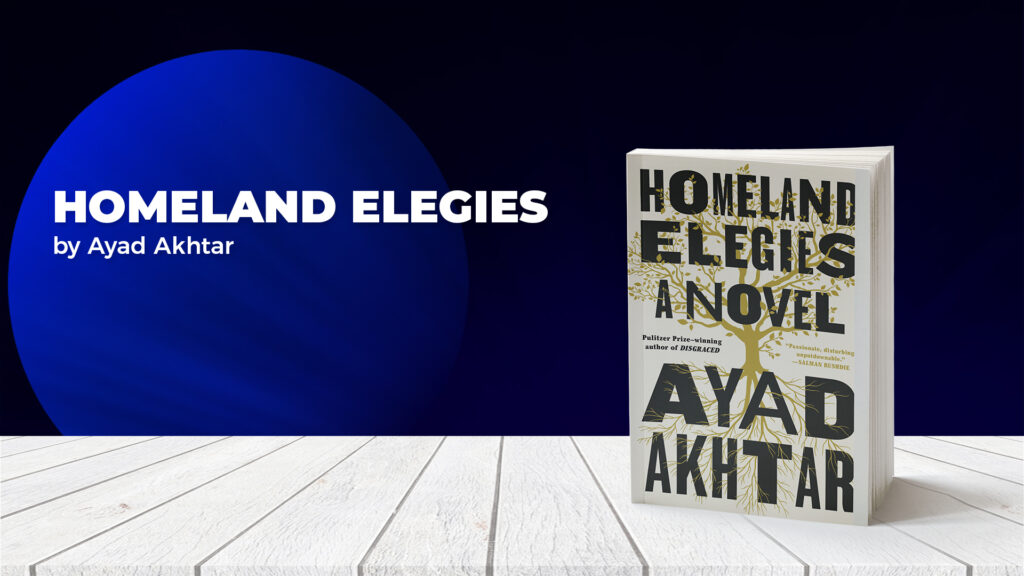
Homeland Elegies is the tale of the crisis identity that is faced by numerous Muslim-Americans, followed by the terror attacks around the globe. In this book, Ayad Akhtar explores this very theme while combining fiction with history.
The book takes one through the experiences of an immigrant family, interweaving the American dream with a father-son’s relationship while also dissecting the truth and hope in a nation shaped by debt and money.
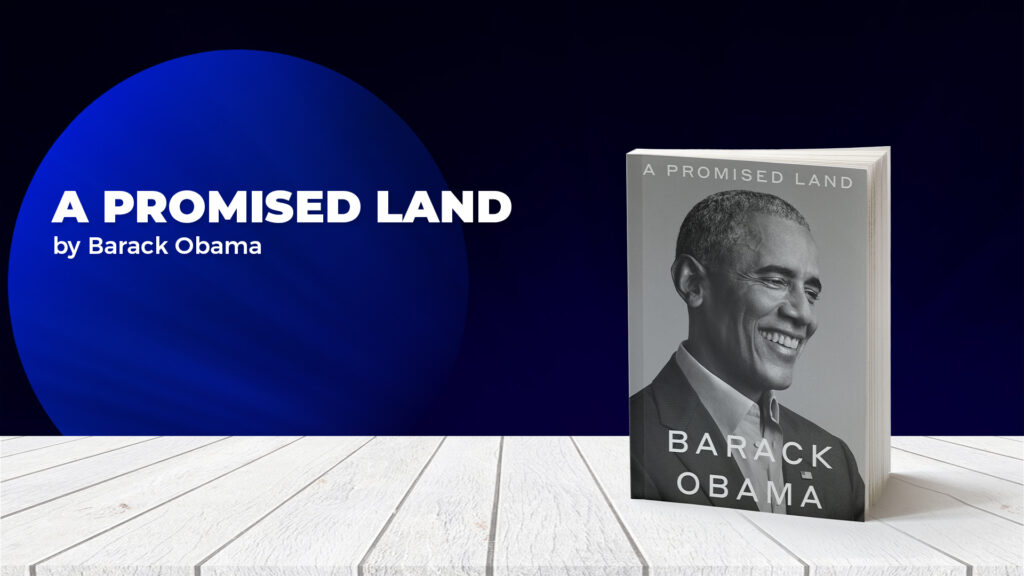
As a work of political literature, ‘A Promised Land’ is insightful and interesting. There is no doubt that Obama is a gifted writer who can easily turn the phrases around while telling a story that keeps one gripped. His book takes one down the policy rabbit hole while managing to keep the reader engaged without condescension.
The story might be impressive, but it takes no genius to realize that most of the book is a one-sided tale. The 700% increase in drone attacks in Pakistan during his tenure roughly gets a paragraph and most of the hard topics are glossed over in a few pages.
On the other hand, as one might expect, several hundred pages are devoted to his achievements. His relationship with his wife, Michelle, is quite a focal point in the book as are his dreams.
If Obama managed to change the world for the less-privileged, as he dreamed, is another story but the book would provide you hours of vivid reading and a good idea of American politics. My advice? Give it a read!
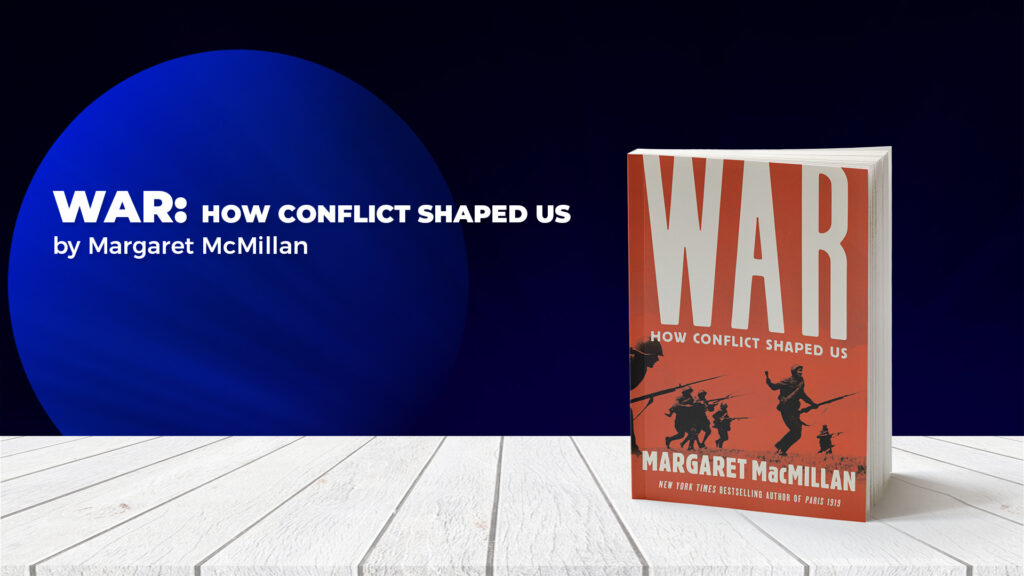
Margaret McMillan is a magic-weaver. With this book, she talks about our capacity for conflict being neither divine nor demonic, but rather something intrinsic to humanity. “In understanding war,” she writes, “we understand something about being human.”
The book offers a differently-humorous view of war, its origin as how it is portrayed in the modern literature and culture. Not just the archaic view, the book also reflects on how technology and the new tactics are transforming the way wars are and have been fought.
The book is light on political theory but rich in factual detail and sober analysis. With interesting detail, humans are described as they are, not as they ought to be.


